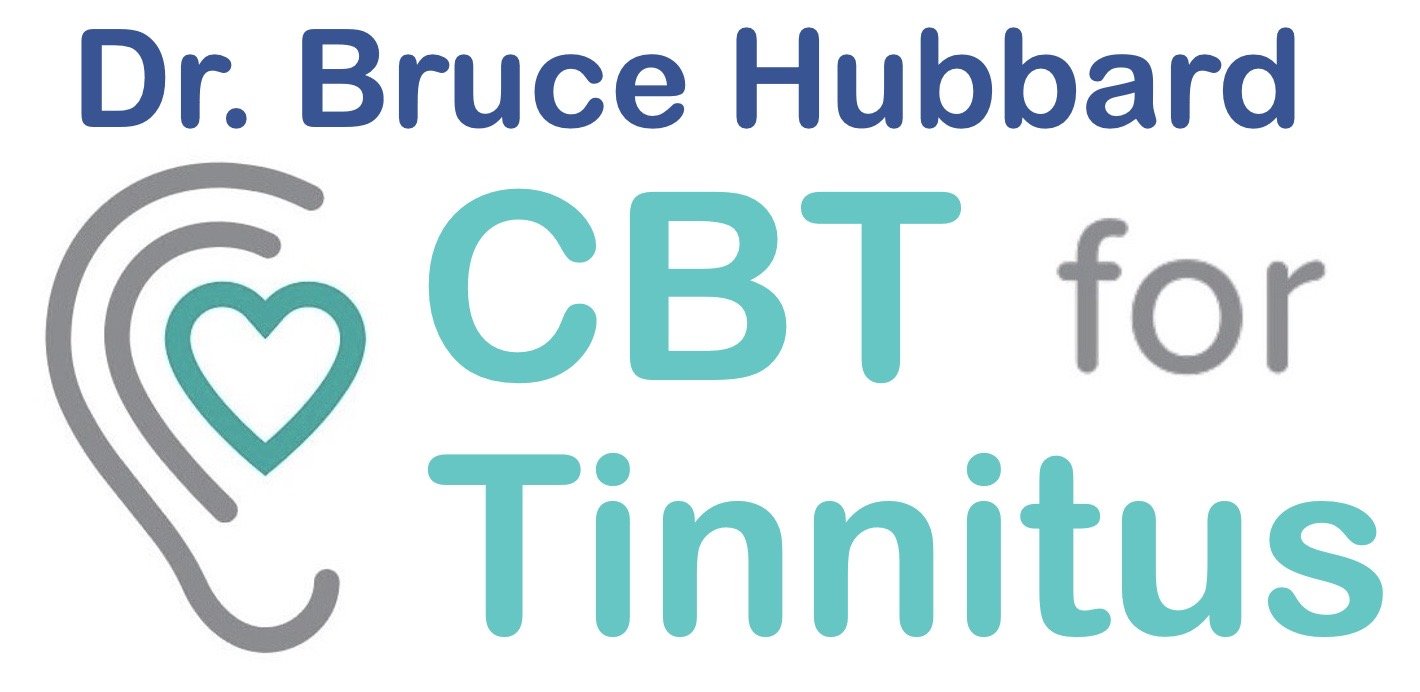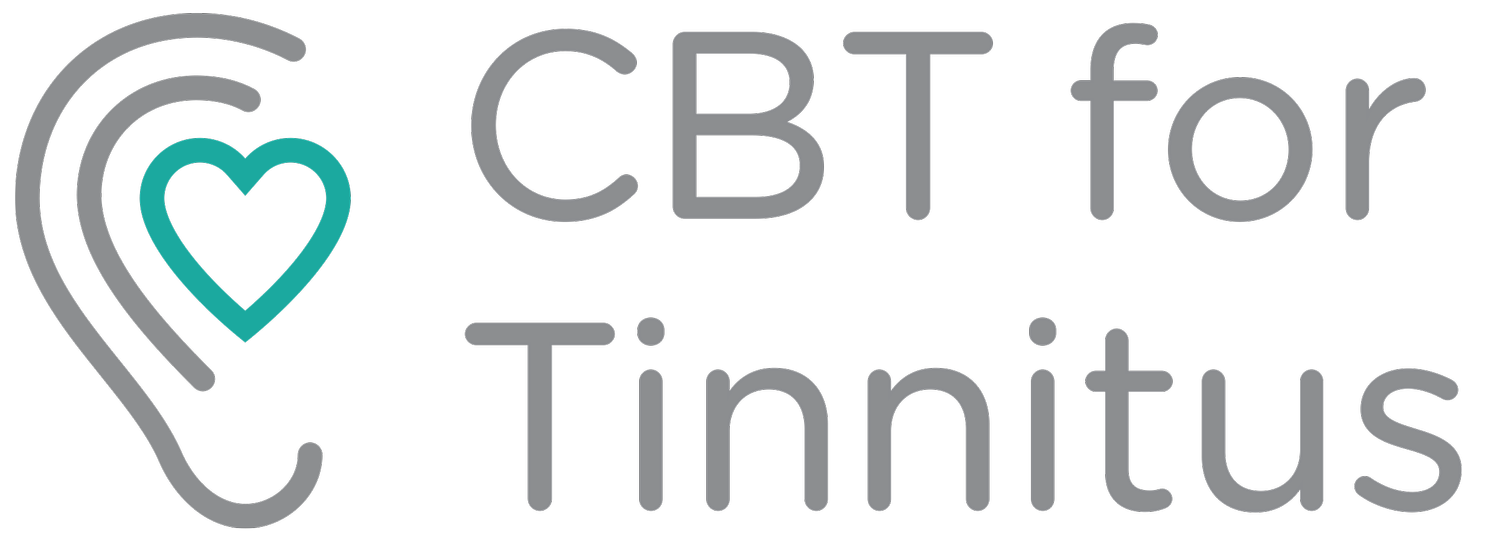Is CBT is Right For You?
To Benefit from CBT for Tinnitus you must:
1. COMMIT TO ACCEPTANCE
The goal of CBT is to accept tinnitus, dismiss its importance, redirect attention to coping and living a full life. To be effective, you must commit to accepting tinnitus, and letting go of attempts to treat it. Persistent effort to gain control over tinnitus, reduce the volume, make it stop, while understandable, will substantially delay your progress.
2. COMMIT TO PATIENCE
CBT is not a quick fix for tinnitus. While improvement is often noted in the first few weeks, the fact is tinnitus habituation is gradual and full habituation takes a long time to achieve. Progress is measured in months, not days, and attaining the highest levels of habituation may take a year or more. The program includes motivational skills to help maintain your resolve.
3. COMMIT TO PRACTICE
CBT is a set of skills and, like all skills, must be practiced regularly to achieve their effect.
4. COMMIT TO GETTING THE RIGHT TREATMENT
Some people with tinnitus distress also have treatable anxiety, depression or obsessive-compulsive disorder. If left untreated, these conditions will interfere with CBT for Tinnitus. They must be treated by a qualified, local mental health professional prior to or simultaneous to participation in the CBT for tinnitus program.

